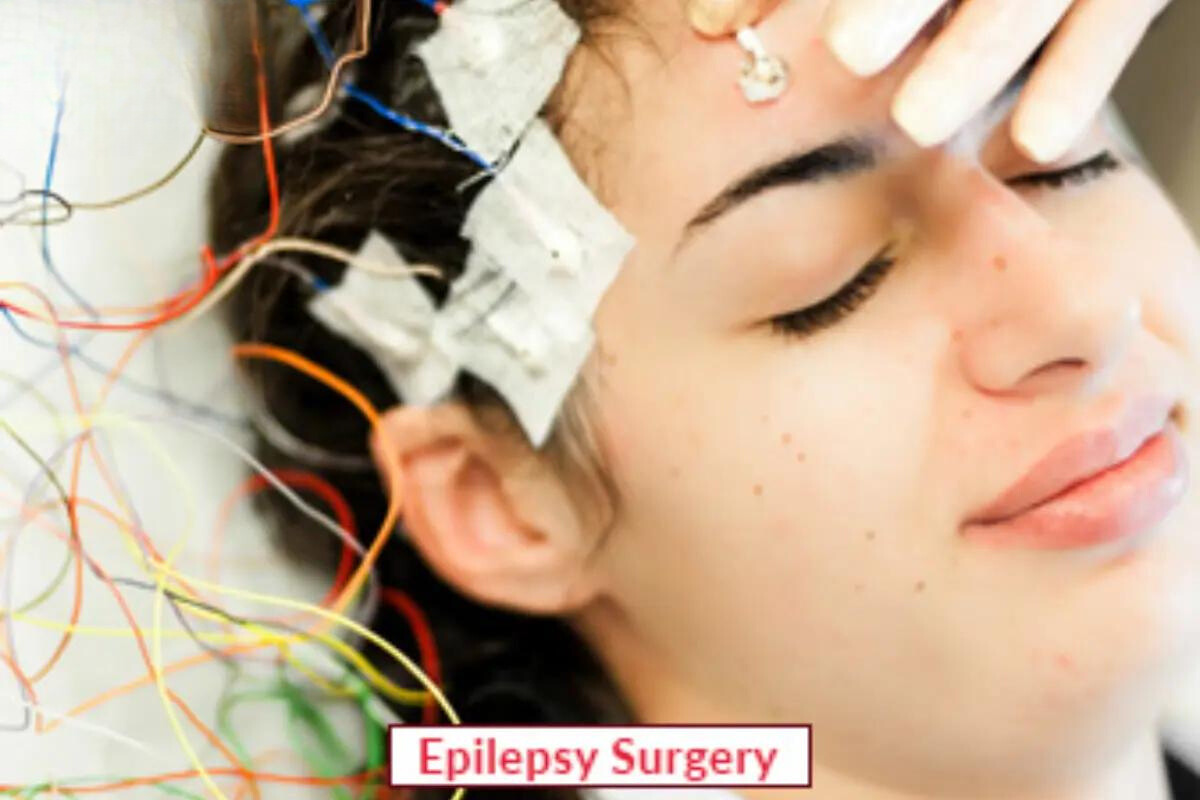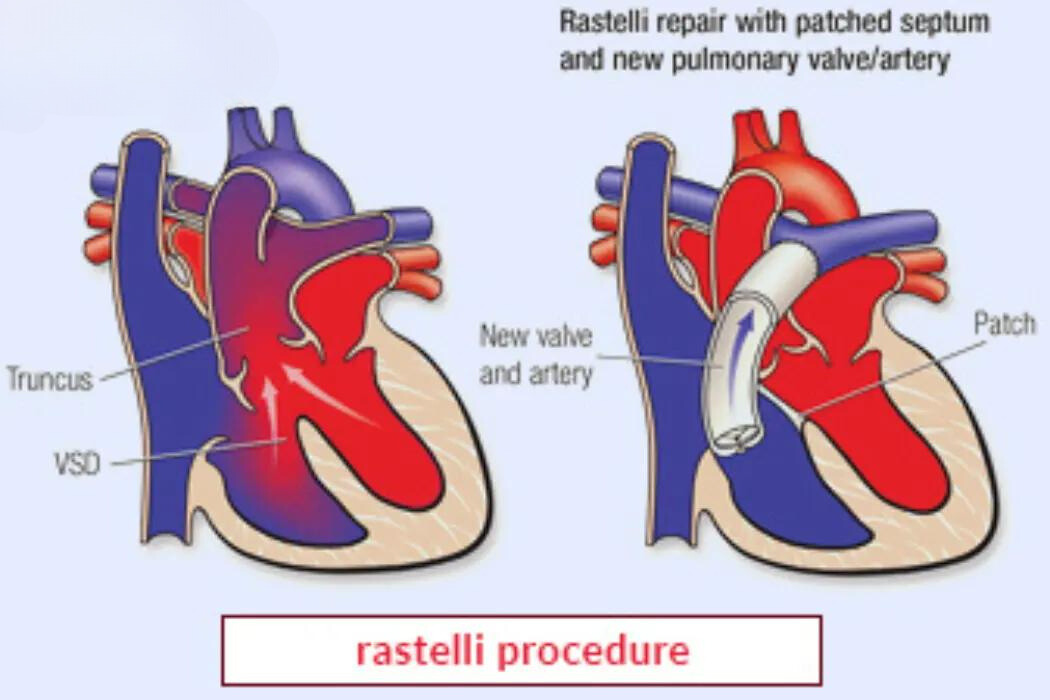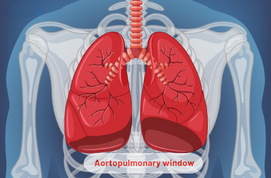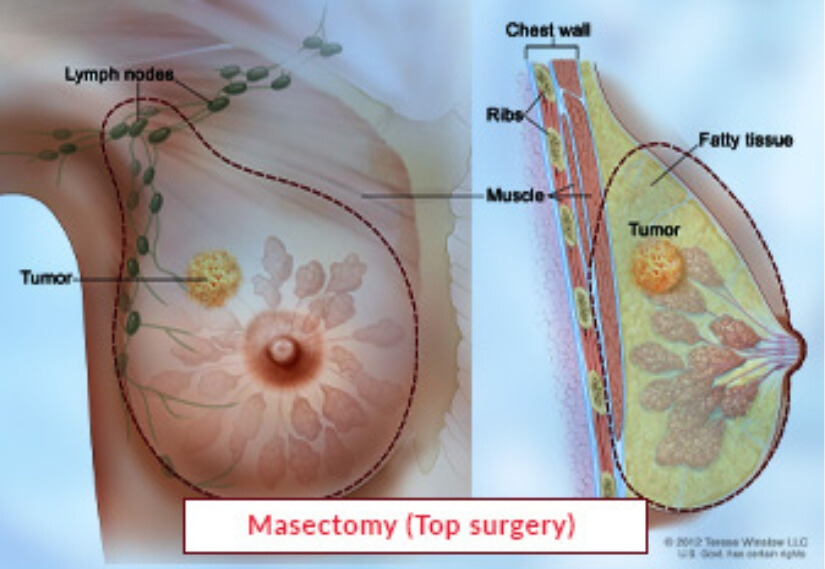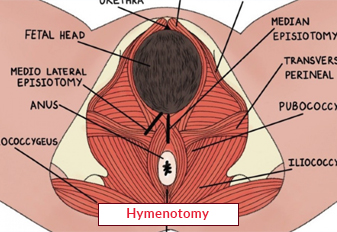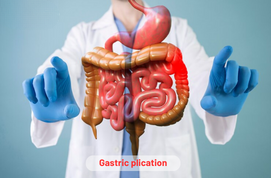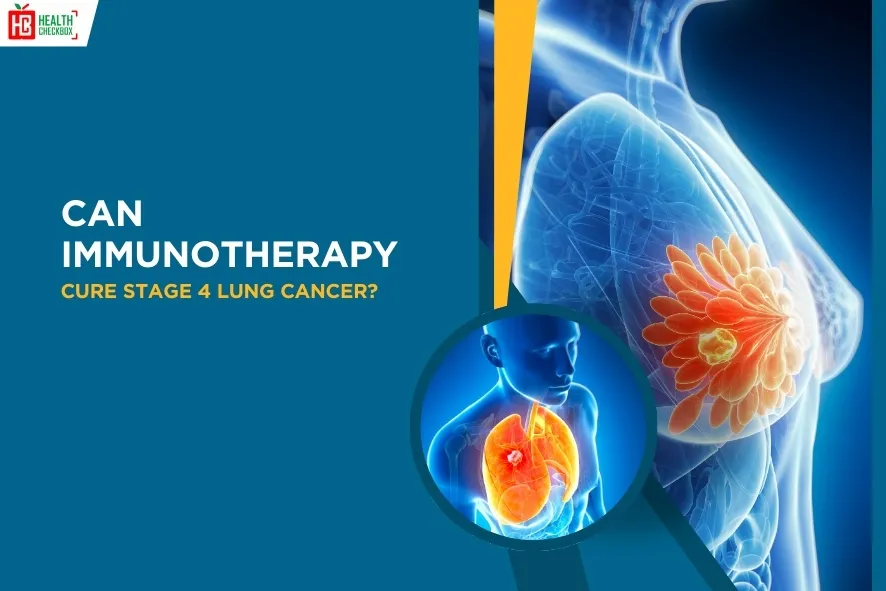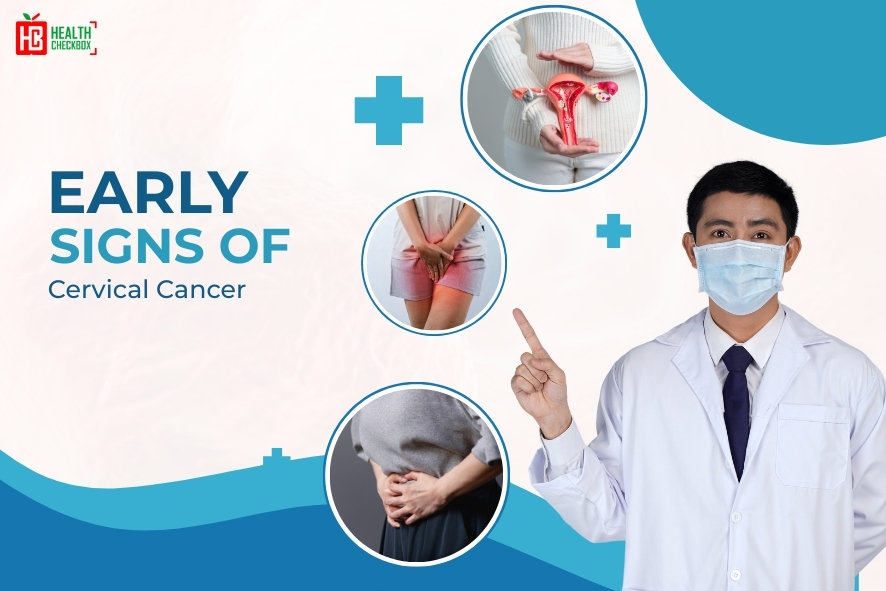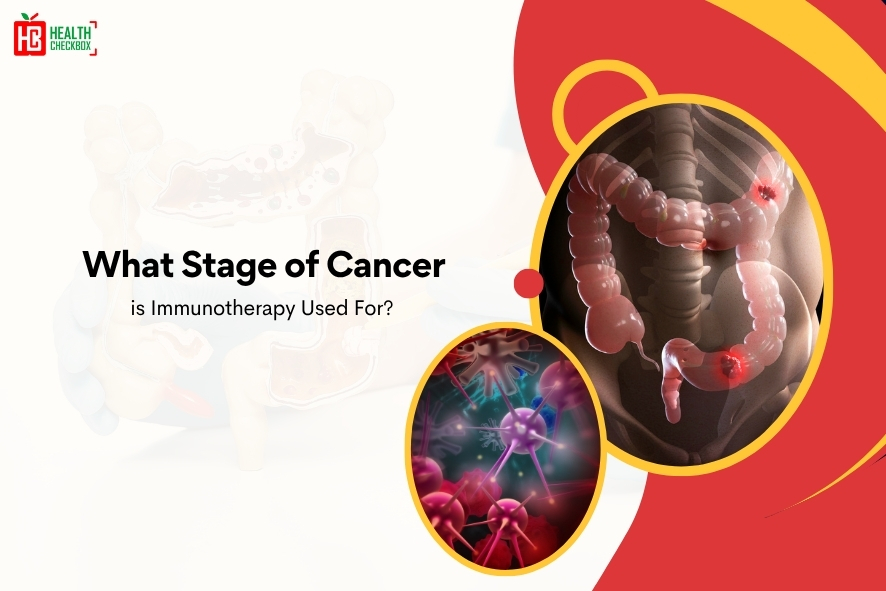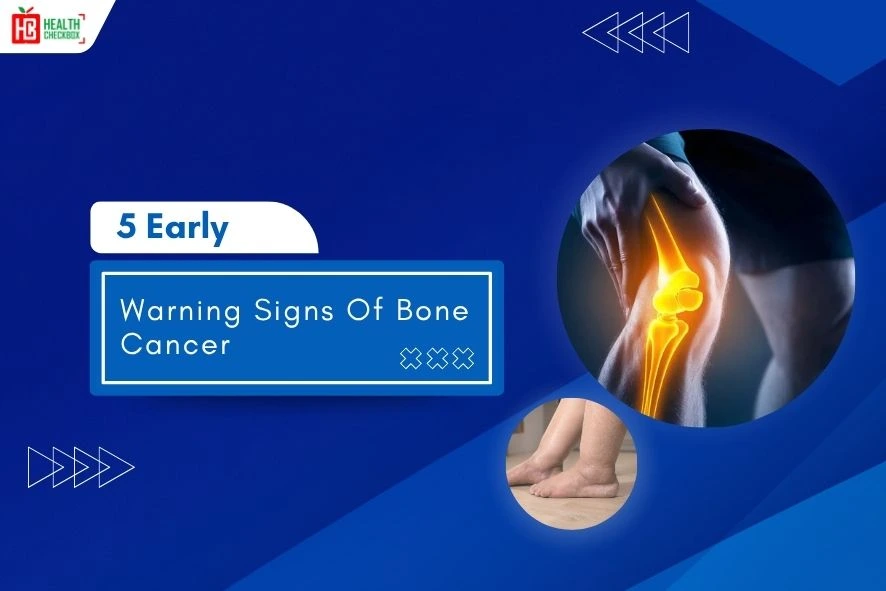Epilepsy is a neurological disorder, that affects millions of individuals in the world. It occurs due to improper working of nerve cells in the brain. This can cause seizures and creates trouble in thinking and focusing. It affects people of any age and can cause brain infection if left untreated.
The problem can be treated through an anti-epileptic drug and surgery. These treatment approaches help to control abnormal activity in seizure patients. If they are not effective, then a neurosurgeon performs some alternative therapies in the medical center. A ketogenic diet is also recommended for the prevention of epilepsy or seizures.
Types of Epilepsy
This brain disorder is of two types. These are as follows:
- Focal Epilepsy: It develops when one side of the brain is affected by seizure disorder. This can cause migraine or mental illness in adults and children.
- Generalized Epilepsy: This problem occurs when the epilepsy spreads in both sides of the brain. It is a long-term problem, which can cause stress, thinking problems, etc.
Causes of Epilepsy
The complications that leads epilepsy are as follows:
- Autoimmune diseases
- Head injuries through falls or vehicular accidents
- Brain tumor
- Arteriovenous malformations
- Strokes
- Dementia
- Brain abscess
- Focal cortical dysplasia
- Tuberous sclerosis
- Meningitis
- Polymicrogyria
- Neurocysticercosis
- Encephalitis
- Mesial temporal sclerosis
Symptoms of Epilepsy
The symptoms of this health problem are as follows:
- Change in behavior
- Difficulty in breathing
- Muscle pain or stiffness
- Unusual smells or tastes
- Abnormal eye movements
- Numbness or tingling in arms and legs
- Convulsions
- Temporary confusion
- Difficulty in thinking or understanding
Procedure Epilepsy Treatment
Look at the procedure:
Before Procedure
The things that can happen before the treatment are as follows:
- A healthcare provider asks an individual to fill an application form before a physical exam and other diagnostic tests.
- The overall health and medical history will be checked in the medical department.
- A physical exam needs to be performed for the identification of potential signs and symptoms.
- The blood tests are conducted for infection problem and other health complications associated with seizures.
- A genetic testing will be performed to determine the information about the management of epilepsy disorder.
- An electroencephalogram test is implemented through the small metal discs, named electrodes. This helps to determine the seizures in the affected areas of the brain.
- A CT scan or an MRI scan is performed for the detection of tumor, bleeding or cysts, which leads to epilepsy in male and female patients.
- A healthcare provider performs a PET scan or single-photon emission computerized tomography through a radioactive material. It is important to identify the abnormal brain activity in the specific region.
During Procedure
The following operations are performed in the medical department. These are as follows:
- An anti-epileptic drug will be given through an intravenous injection to seizure patients.
- A surgeon makes a small incision to remove the area affected from epilepsy. This surgical option is recommended for patients when a medicine is not effective for them.
- A vagus nerve stimulation can be performed through a stimulator. This device sends electrical impulses in the affected areas of the brain.
- An RNS device is implanted to the skull to inhibit the abnormal activity in the nervous system. It is recommended only for neuropace responsive neurostimulation systems.
- A deep brain stimulation therapy is performed through a device, named thalamus.
After Procedure
A patient should be taken into a recovery room for the identification of health complications. After that, he or she is suggested to go home and follow some rules and regulations after the surgery. These include the following:
- Avoid alcohol, smoking, and illegal drugs.
- Take a medication drug with a small sip of water.
- Wear a helmet to protect your head from damage or injury.
- Do regular exercises.
- Try yoga or deep breathing exercises to manage stress.
- Follow a proper nutrition diet and drink plenty of water to maintain overall health.
If an individual is suffering from the following problems, then he or she must contact the relevant doctor immediately. These are as follows:
- Fever or chills
- Breathing problems
- Redness or itching in skin
- Brain infection
- Nausea and vomiting
Latest Health Tips
Can Immunotherapy Cure Stage 4 Lung Cancer?
Early Signs of Cervical Cancer
Foods that Kill Cancer: Leafy Vegetables, Grains, & More
What Stage of Cancer is Immunotherapy Used For?
Which is Worse for Cancer, Sugar or Alcohol?
Vaccines That Prevent Cancer
What Kills Cancer Cells in the Body Naturally?
Early Warning Signs of Bone Cancer
Submit Your Enquiry
Testimonials








